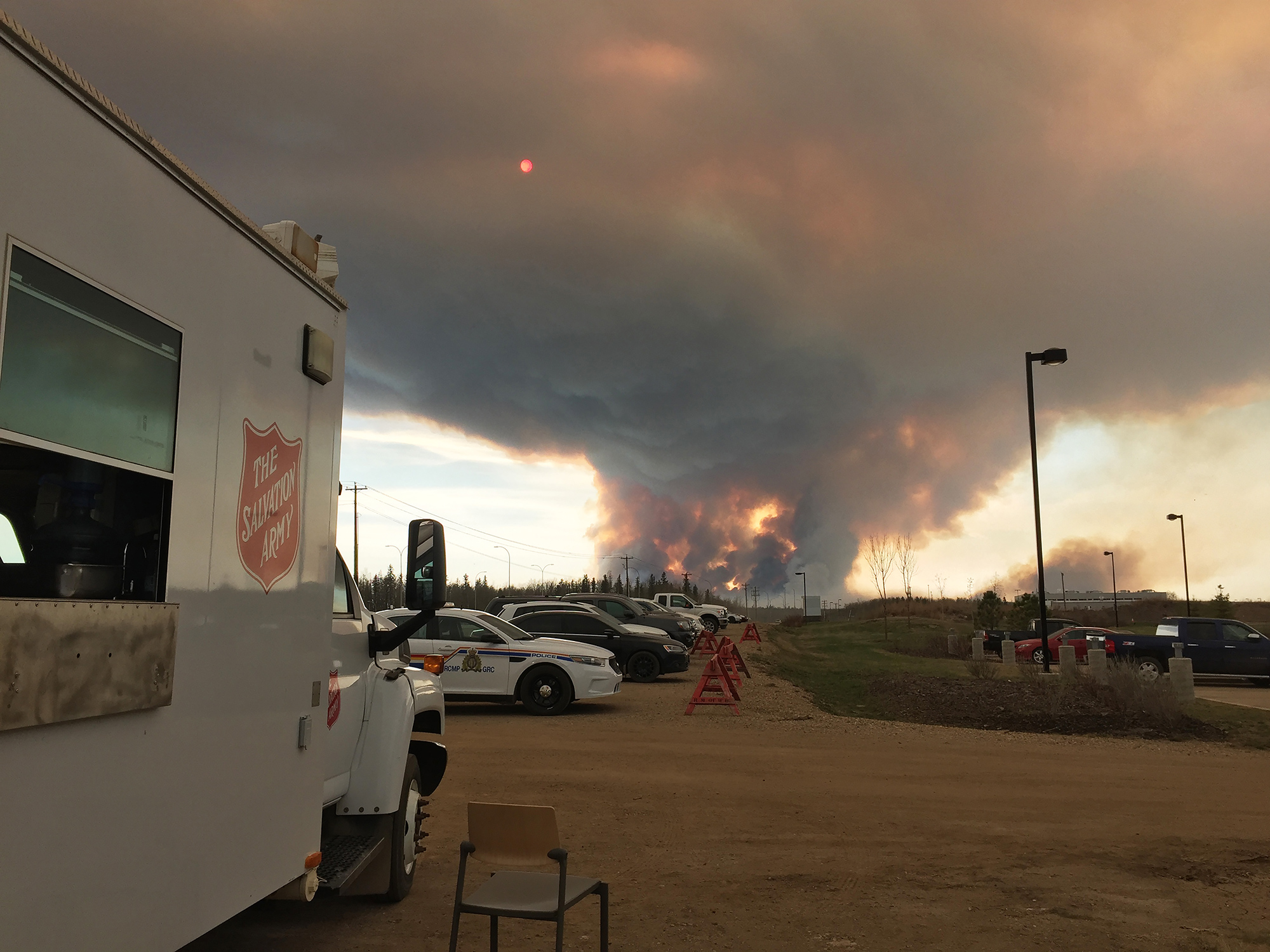Be ready for anything with Emergency Preparedness Week 2021

Emergency Preparedness Week (EP Week) is a national event supported by Public Safety Canada. This year, EP week is from May 2-8, with the theme of Be Ready for Anything.
“Your city will have information on their website to find out what the risks are in your area,” said Carolynn Barkhouse, Divisional Director of Emergency Disaster Services. “There are tips on what to do to prepare for a particular emergency. You can learn what to do before, during, and after a disaster.”
The three key components of understanding how to be prepared for an emergency can be broken down with planning.
- Knowing the risks in your area: This can be found on the Government of Alberta website (www.getprepared.gc.ca) or a local emergency management agency. You can find out what the risks are in the area you live, which helps you understand what type of emergencies to prioritize in your home.
- Make a plan: What is your evacuation plan for your household in case of an emergency? If you’re not together with those in your household, have a plan to know where to meet, or who to call. Have an external person who lives away from your neighborhood be the person you and your household members call to confirm that you are all safe.
- Get a kit: Have a kit in your home ready with items that can last your household 72 hours. This kit can contain items such as a flashlight, canned foods, batteries, battery-operated radio, blanket, matches, water, a first aid kit, and any other items you see fit. Don’t forget medication or anything needed for the family pet. This is also a great idea to have in your car in case you are ever stranded on the side of the road. (Check out this DELUXE EMERGENCY PREPAREDNESS CAR KIT from The Salvation Army’s store)
The Salvation Army’s Emergency Disaster Services (EDS) team is comprised of employees, officers, and volunteers. Their mission is to provide support to first responders and continue their efforts by helping those affected by a disaster by providing food, water, and emotional and spiritual care. If an emergency becomes a longer event, EDS will set up disaster social services.
“This is done one-on-one, or with families, and we will provide resources such as gift cards and vouchers,” said Barkhouse. “After a while, they will get transferred to the local Salvation Army Family Services where they will continue to help with vouchers, referrals, clothing, furniture, and any further help with mental health supports.”
In Alberta disasters can vary, but the EDS teams typically deal with wildfires and floods. On a national level, EDS teams all over Canada will deploy to different disasters if needed. In the past, EDS teams in Alberta have been deployed to missions in B.C for wildfires, and flooding in Ontario.
In the last year, COVID-19 brought many challenges, but EDS adjusted the way they served and continued to provide care to those affected by disasters.
“Our mission hasn’t changed, but how we deliver services has,” explains Barkhouse.
In April of 2020, over 400 Fort Vermillion residents were forced to evacuate after an ice jam caused the Peace River to overflow. The Salvation Army’s EDS team began providing first responders and residents a drive-thru service for food and drinks.
“We had food pre-packaged for those driving through,” said Carolynn. “We would leave it on a table, and they would pick it up. We then sanitized for the next vehicle.”
Increasing sanitation, physical distancing, daily screening questionnaire, and personal protective equipment were all implemented to minimize any chance of transmission of COVID-19.
“We still deployed volunteers,” said Barkhouse. “They would need to do a pre-questionnaire – and they knew who they would be working with. They were a group that knew each other, and we made sure they were comfortable working with each other.”
The Salvation Army operates in over 130 countries around the world, which means our EDS teams are ready to deploy and respond from multiple surrounding Divisions and Territories as needed, staying until recovery or when they are unessential.
If you’d like to volunteer, visit SalvationArmy.ca/volunteer to fill out an application. The application gets sent to an EDS coordinator in your town. A call can be made to local Salvation Army ministries if you live in places like Lethbridge, Grand Prairie, Fort McMurray, and High River. Volunteers will need to take required courses and provide a background check before they’re eligible to deploy.
“We want to make sure that people know what to expect and what’s expected of them,” said Barkhouse. “We want to make sure you’re prepared when you’re deployed.”
You can follow EDS here:
Facebook: Canada & Bermuda- @SalArmyEDSCanBM, Alberta & Northern Territories- @tsaedsabnt
Twitter: @SalArmyEDSCan
Instagram: @salarmyedscanbm

